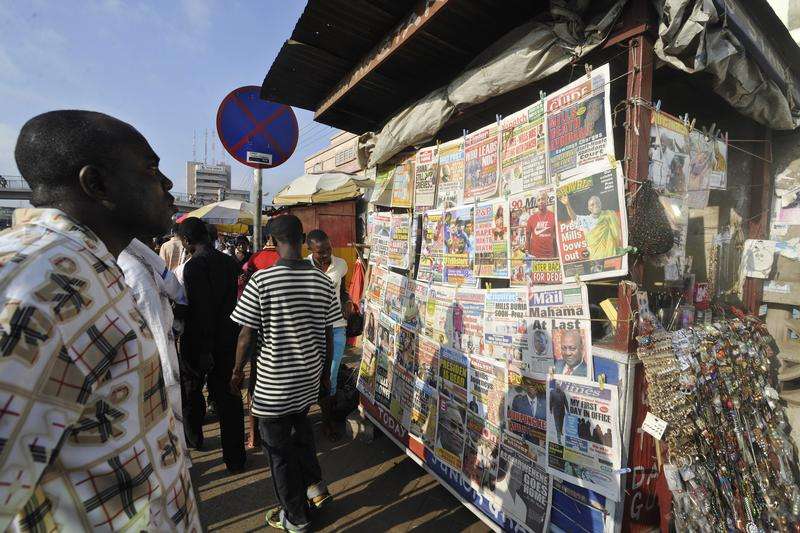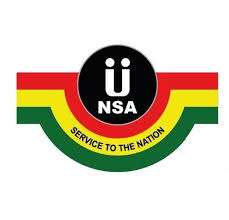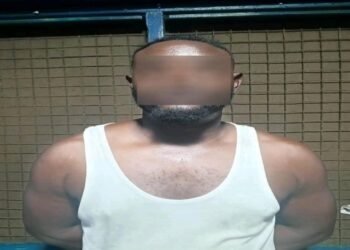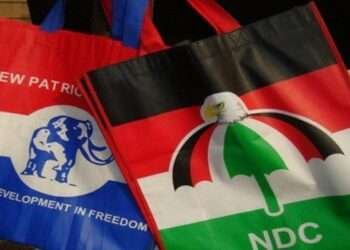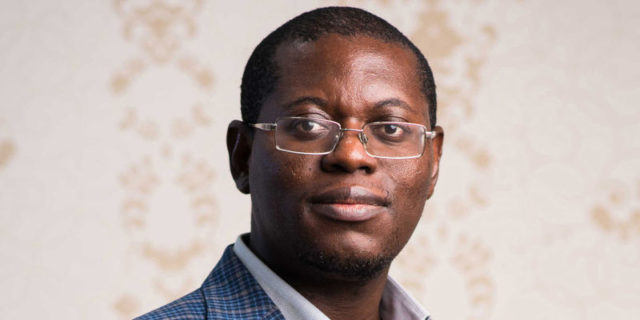The state of press freedom in Ghana has once again come under the spotlight, following disturbing revelations from Sulemana Braimah, Executive Director of the Media Foundation for West Africa (MFWA).
According to Braimah, the National Security Secretariat recently invited journalist Prosper Agbeyega for questioning over a published story—an action he finds deeply troubling and a threat to democratic accountability.
“When I first read the story, I didn’t believe it because it sounded so weird. So I became more alarmed when the journalist confirmed that he had indeed been invited and questioned about his story.”
Sulemana Braimah
The story, originally published by Agbeyega on his digital platform Current Issues, draws from a leaked National Security document.
It outlines the transportation of certain Electricity Company of Ghana (ECG) containers—an issue that has captured national attention and warrants sustained public scrutiny.

According to Braimah, this matter is not a trivial one. He emphasized that “the ECG containers issue deserves serious focus and scrutiny by all media houses.”
The public, he argued, has a right to know what transpired under both the previous and current governments concerning the containers.
According to Braimah, it is precisely stories like these that underscore the critical role of journalists in keeping power in check.
But instead of supporting the media’s constitutional mandate, it appears the National Security Secretariat may be trying to stifle it.
Intimidation of Journalists to End
The invitation extended to Agbeyega by security officials sends a troubling signal to journalists nationwide, potentially undermining press freedom.
Accordingly, Sulemana Braimah cautioned that the government’s “Resetting Ghana” agenda must not be interpreted or implemented as a strategy of intimidation against journalists or citizens.
He stressed that using National Security as a tool to silence critical voices is not only unacceptable but also threatens the democratic values the nation upholds.
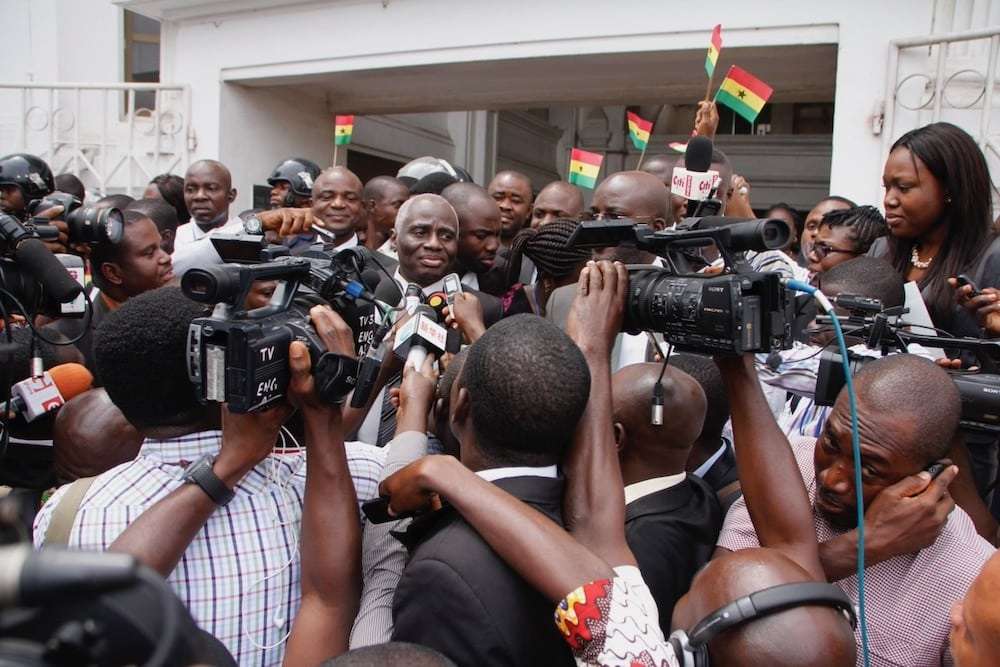
This, unfortunately, is not an isolated incident. Ghana’s press freedom ranking has seen a decline in recent years, raising concerns among media advocates and civil society organizations.
He noted that while journalists should be held accountable for misinformation or unethical practices, such accountability must follow due process—not behind closed doors at National Security.
“The job of the National Security does not include questioning journalists about their sources or preaching to journalists on how they should do their stories.
“There are clear constitutional mechanisms for addressing any misgivings about the work of journalists or media organizations.”
Sulemana Braimah
Those constitutional mechanisms include recourse to the National Media Commission, a body established to mediate media-related grievances.
Ghana’s 1992 Constitution is clear on this matter: the freedom and independence of the media shall be guaranteed.
So, when journalists begin to face summons from state security over published work, one must ask—where is the line drawn?
Ghana’s Democracy Threatened
This pattern of media harassment is not just legally problematic—it’s politically dangerous. In a democracy, the press serves as the fourth estate, a pillar that ensures transparency and guards against abuse of power.
To attempt to turn the National Security Secretariat into a de facto media tribunal is not only unconstitutional but deeply regressive.
“Those mechanisms do not include questioning and intimidation of journalists by National Security,” Braimah emphasized.

His comments strike at the heart of what must be a national conversation: Are we building a Ghana where journalism thrives as a public good, or are we crafting a state where only praise-singers feel safe to publish?
Braimah, therefore, called on all media practitioners to resist intimidation and remain steadfast in their duty.
“Our media and journalists must remain bold, professional, and committed to holding the government accountable to the people of Ghana as required by the Constitution of Ghana.”
Suleimana Braimah
Accordingly, Braimah emphasized that no overly eager National Security operatives should assume they can coerce journalists into becoming mouthpieces for the government.
He stressed that journalists have a constitutional duty to hold power to account, not to promote government narratives.
Any attempt to bully or pressure the media into silence or complicity, he warned, is a direct affront to press freedom and democratic governance.
Indeed, democracy extends far beyond the ritual of casting ballots every four years. It thrives on the daily vigilance of citizens and institutions that hold leaders accountable between elections.
Central to this process is a free and independent press—without which transparency fades, public scrutiny weakens, and the foundation of democratic governance begins to crumble. Press freedom is not a luxury; it is the lifeblood of a functioning democracy.
READ ALSO: GSE Ends Mixed as SIC and GOIL Lead Gains Amid Slight Index Uptick

